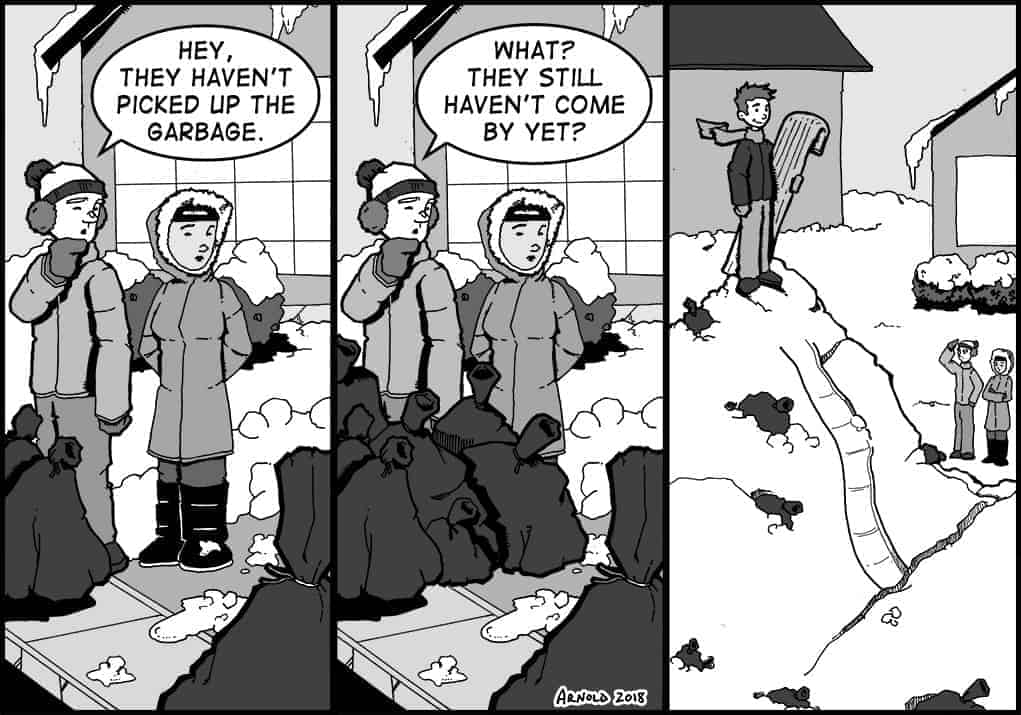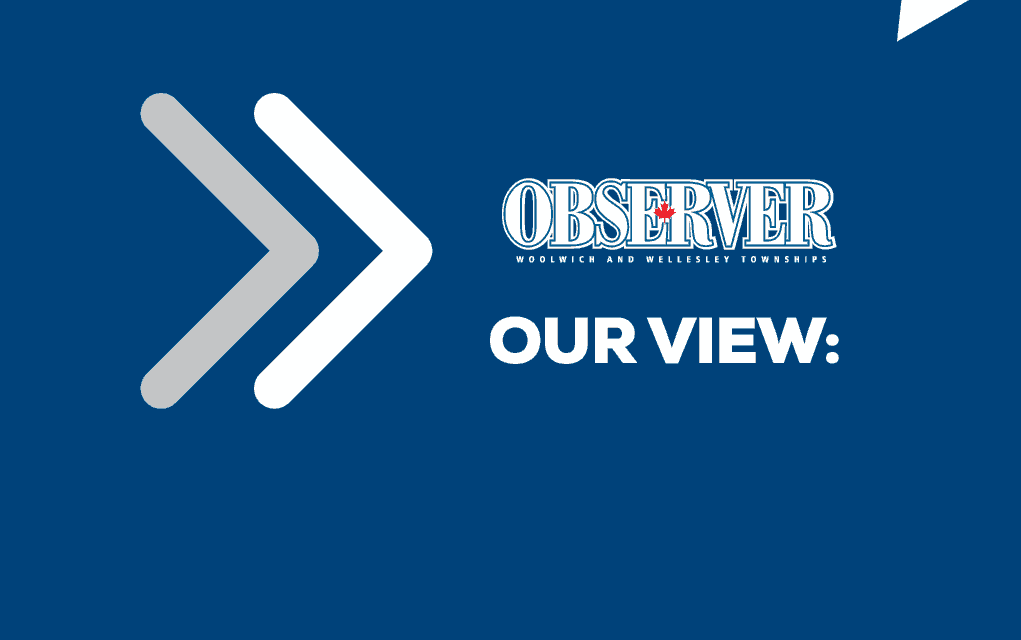;
;
;
Next Article
View From Here – January 4, 2018

While parts of the economy have been growing at a good pace, taxes and other expenses have outstripped our incomes, leaving us virtually dead in the water. Over the past 30 years, average incomes – adjusted for inflation – have remained flat or fallen slightly. In the same period, the workweek conti
Last updated on May 03, 23
Posted on Jan 04, 18
2 min read
